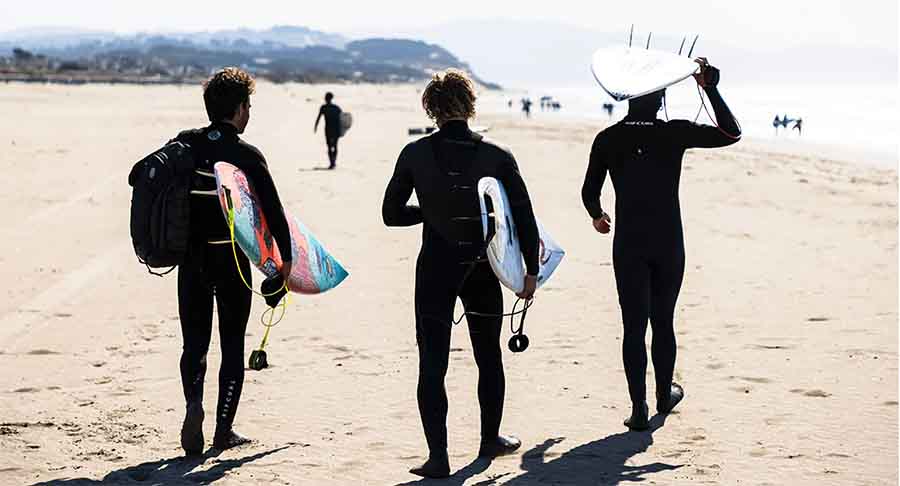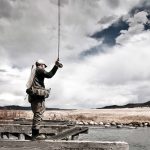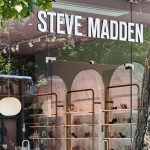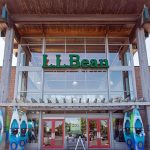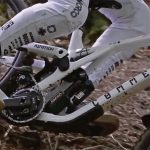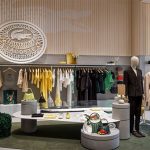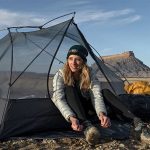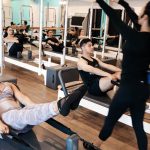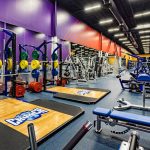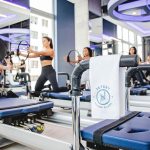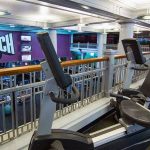Kathmandu Group saw sales spike 12 percent during the first half of FY21 ended January 31, largely from a strong performance by Rip Curl.
The New Zealand-based outdoor firm said that excluding store closed due to lockdowns, sales were down 10.3 in the half. Direct-to-consumer sales at Rip Curl grew 21.0 percent while Kathmandu declined 30.0 percent. Including closed stores, sales were down 18.5 percent , with Rip Curl up 7.4 percent and Kathmandu down 35.4 percent. Online represented 13.0 percent of direct to consumer sales, up from 8.9 percent last year.
Group wholesale sales for the six months were down 11.5 percent below the same period last year despite April/May COVID-19 lockdowns significantly impacting the sell-in period, with Rip Curl down 15.0 percent, and Oboz ahead 3.8 percent.
Kathmandu said EBITDA is expected to be in the range of $47 million to $49 million, including government subsidies and the
realization of cost synergies.
During the half, trade at a number of the Group’s stores continued to be disrupted by COVID-19. Sixty Greater Melbourne stores were closed for over 11 weeks during the second lockdown, and 14 Auckland stores were closed for over two weeks. Trading in Greater Sydney was affected over the Christmas period by the Northern Beaches outbreak. Airport stores in Australia and Rip Curl stores in Hawaii, Bali and Europe, are still impacted adversely by either COVID-19-related travel restrictions or government-mandated lockdowns and closures.
Commenting on the result, Group CEO Xavier Simonet said: “Our improved first-half operating profit underlines the resilience of our Group and validates the diversification strategy, launched through the successful acquisitions and integrations of Rip Curl and Oboz.” “Rip Curl’s record first-half performance highlights the strength of its brand and quality technical products. Rip Curl’s direct to consumer business will now begin the Northern Hemisphere summer with strong momentum. Forward orders for the Rip Curl wholesale business are above pre-COVID-19 levels, with encouraging early indications for future seasons.
“Kathmandu enjoyed robust sales growth in camping categories, with renewed interest in local travel and adventure activities within Australia and New Zealand. However, its performance was heavily impacted by low demand for insulation and rainwear resulting from the lack of international travelers to the Northern Hemisphere. To put the first-half performance in context, Kathmandu’s profit weighting has historically been heavily weighted to the second half-year, when winter in Australasia drives demand for insulation and rainwear.
“Oboz has delivered sales growth year on year, with the product innovation strategy pursued by the new Oboz management team reflecting in the forward order book, which is tracking well above pre-COVID-19 levels.”
The Group intends to release the full result for the half-year on March 23.
Photo courtesy Rip Curl

